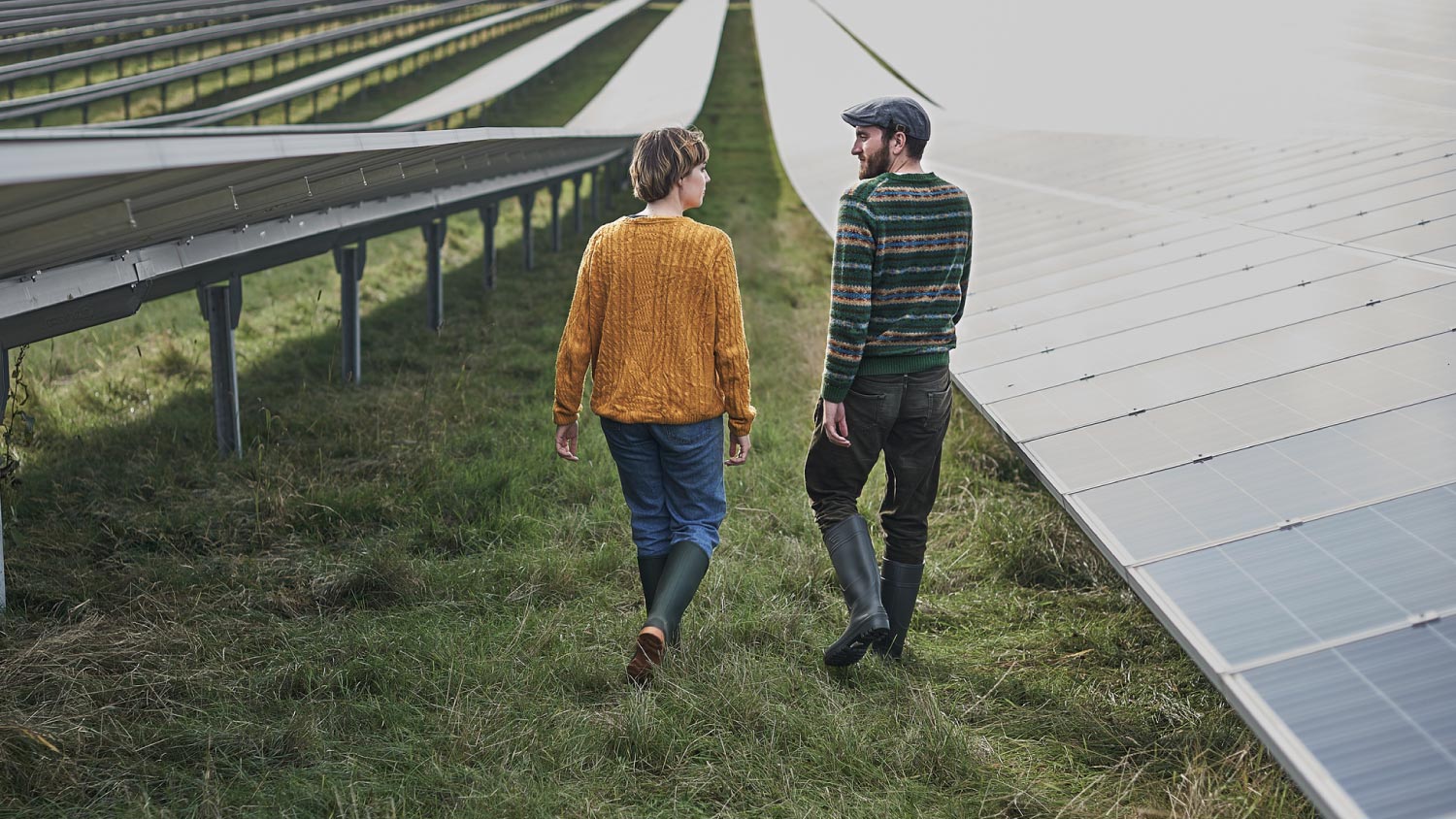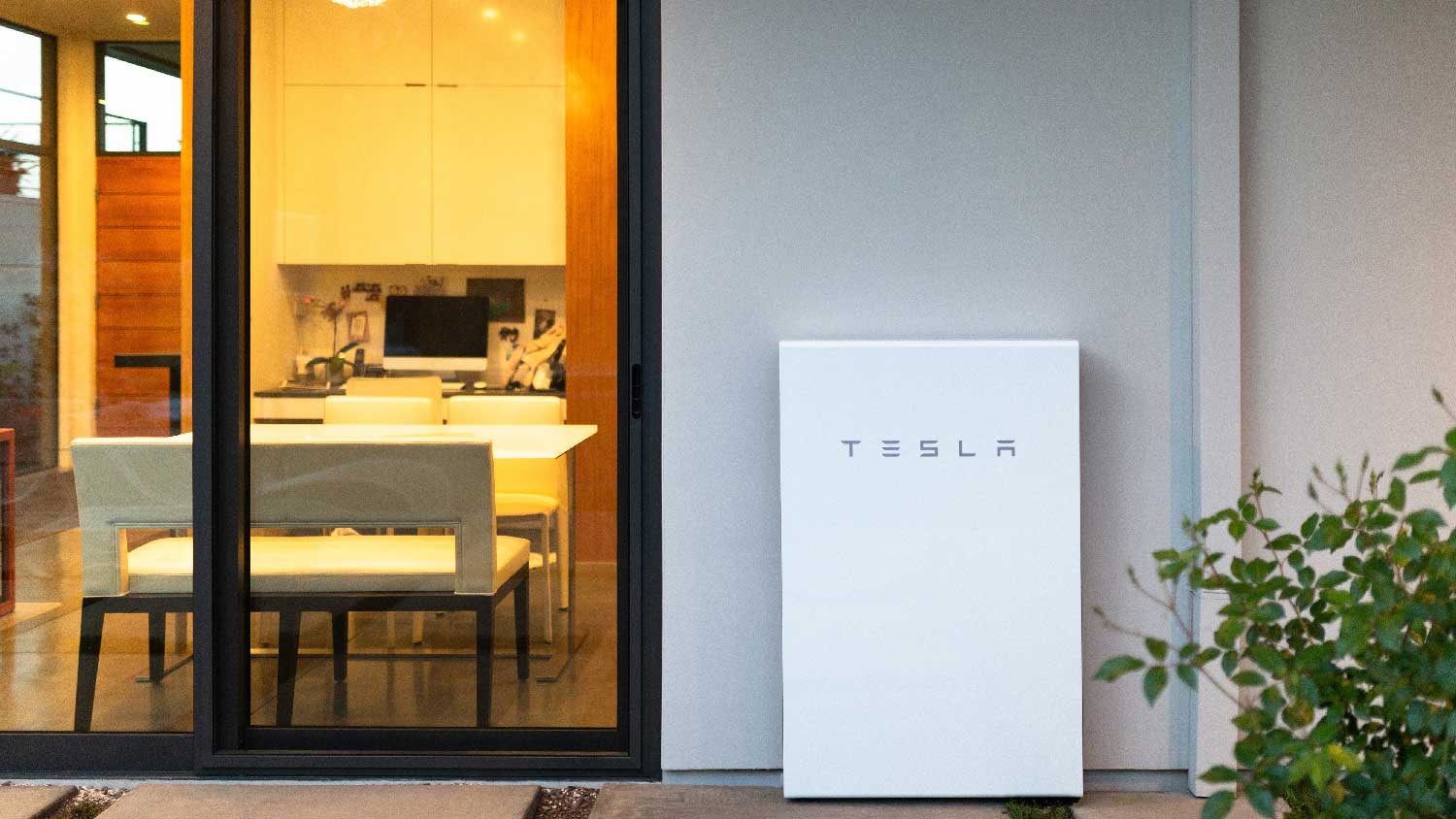
Solar battery costs depend on the size of your system, labor, and capacity. Learn how much you could pay for batteries for home solar systems.
Save on up-front costs but forfeit tax credits


With a solar lease, you’ll have fixed monthly payments and you won’t have to pay the up-front cost of a solar panel system.
You won’t pay for repairs, but you won’t own the system or benefit from tax credits or local incentives.
If you’re leasing, you won’t get the ROI on the solar panels, and prospective home buyers may find this unappealing.
Alternatives to leasing include financing solar panels with a loan or entering a power purchase agreement.
While the initial costs of solar panel installation may be out of reach for some homeowners, solar leases have made going solar possible without the up-front cost. While giving up ownership means giving up a significant share of the profits of going solar, you may find it more beneficial to lease your solar panels. Here are seven pros and cons of leasing solar panels so you can decide whether this energy-efficient investment is worth it for your home.
Much like renting a car or a home, a solar panel lease is a financial agreement with a solar energy company where you choose to pay a fixed monthly amount to receive the energy that comes from the solar panels on your property. You don’t own the solar panels, but you also aren’t required to pay for installation, maintenance, or repairs.
| Pros | Cons |
|---|---|
| No up-front or maintenance costs | No ownership |
| No installation or maintenance fees | No rebates or tax credits |
| No payback period | Can complicate the home-selling process |
Renting exists for a reason—the option to lease is not a new financial exchange. And, as with any type of large investment, sometimes it’s just not possible to put down large payments or installments for an expensive but important asset. This can certainly be the case for solar panels.
With this in mind, here are a couple of benefits of leasing solar panels.
Solar panels cost upward of $55,000—though most cost between $18,400 and $36,400, with an average cost of $27,200. Most homes require 10 to 20 panels to completely cover the costs of their electricity, so prices vary by household energy consumption.
If paying the total solar panel installation cost up front sends you wobbling on the fence, leasing is another option that may work better for you. There often is zero cost to lease solar panels up front. Compare that to the cost of buying a solar panel, and you might find that this is the best choice for your budget.
New solar panels reduce energy costs, but could they also reduce your home's worth?
No one likes installing and maintaining a piece of equipment—especially if you’re unfamiliar with the installation process or troubleshooting any issues that may arise. To make it easier on homeowners, some leasing programs have free installation, maintenance, monitoring, and warranties on the rented panels.
Purchased solar panels, on the other hand, often have the following warranties:
25-year performance warranty
10- to 12-year manufacturer warranty
Five-year workmanship warranty
Having a general warranty through the duration of your solar panel lease can save you big time, as owned solar panels can have issues after these various warranties expire, leading to unexpected repair costs.
Homeowners end up spending between $250 and $1,600, or an average of $900, on the cost to repair solar panels. You can cover these expenses if you choose the right leasing program. As with all major investments, speak to a solar panel company near you to learn about the kinds of programs in your area before deciding.
The payback period on your solar panels is the amount of time it takes for you to break even on your investment. This is about 11 years for most homeowners. Until then, you’ve spent more on the panels than you’ve saved. With a lease, you don’t have to think about a payback period since you don’t own the system.

You know what they say: Every rose has its thorn. When it comes to leasing solar panels, there are a few cons that you should keep in mind before you seal the deal.
Though you save on up-front costs when you lease a solar panel, you end up paying more over time. Just like renting a house instead of buying one, the costs may be less expensive initially, but purchasing an asset and having ownership leads to more significant savings in the end.
To put this into context, it takes about 15 to 25 years to pay off ownership of solar panels. Once you’ve paid off a solar panel, you get free electricity for 25 to 40 years, depending on how quickly you pay it off. Alternatively, if you lease your solar panels, you don’t get free electricity over time.
In addition, a solar panel lease does not receive the 30% federal tax credit or any local incentives that may exist in your community for choosing an energy-efficient option for your home.
On the other hand, ownership of solar panels qualifies you to receive the following tax credits:
30% tax credit for systems installed before 2032
26% tax credit for any solar panel systems installed in 2033
22% tax credit for systems installed in 2034
Keep in mind that the solar tax credit might expire in 2024 if Congress chooses not to renew it.
A lease can cause prospective homebuyers who don't understand or want the long-term obligation to turn away from your property. Think of it like this: A lease term for solar panels is 20 years. With the average home selling in five to seven years, that means a potential buyer gets both a home and a lease obligation.
Transferring a solar panel lease to a new homeowner requires approval from the leasing company and the utility company. Additionally, the home buyer must submit a credit application to prove their ability to take over the remaining lease payments.
When you lease solar panels, you lose out on annual returns on investment of 10% to 30%, depending on your location, state incentives, and property characteristics. Therefore, if you hope to make your house easier to sell at a higher price, it’s more beneficial for you to own solar panels.
Tapping into solar energy by installing solar panels on your home can decrease utility bills and increase energy efficiency.
Alternatives to leasing solar panels include buying them outright with cash or financing solar panels with a loan. Another option similar to a solar panel lease is a solar power purchase agreement (SPPA). Just like with a loan, a company will install, maintain, and own the panels. The company will also claim any rebates or incentives from the installation.
Unlike a lease where you’ll have predictable, set monthly payments, your monthly electrical costs will fluctuate with a SPPA. This is because you’ll be purchasing the electricity generated from the panels from the company that installed them. If there are months when your electrical usage is higher than what the panels generated, you’ll have to pay an electrical bill to your utility company.
Solar panel lease agreements are long, lasting anywhere from 20 to 25 years. You’ll want to know for certain that this is the right route for you and your home before signing on the dotted line. It might be the right option for you if:
You don’t have the capital to pay for panels up front
You don’t want to deal with maintenance or repairs for a solar system
You don’t plan to sell your home
You want to pay a set monthly rate (rather than a fluctuating rate with a SPPA)
From average costs to expert advice, get all the answers you need to get your job done.

Solar battery costs depend on the size of your system, labor, and capacity. Learn how much you could pay for batteries for home solar systems.

Get a detailed estimate of solar farm costs. Learn about average prices, key cost factors, and ways to save when planning your solar farm project.

Discover the Tesla Powerwall installation cost, including average prices, cost factors, and tips to help homeowners budget and save on their Powerwall project.

What direction should solar panels face? South-facing panels work the best in the U.S., but that’s not the only option. This guide will help you decide.

You know what solar panels look like, but do you know what solar panels are made of? Here are the details behind this money-saving technology.

Solar farms are a major investment with a nice ROI if you know what you’re doing. Here’s what you need to know before starting a solar farm project.